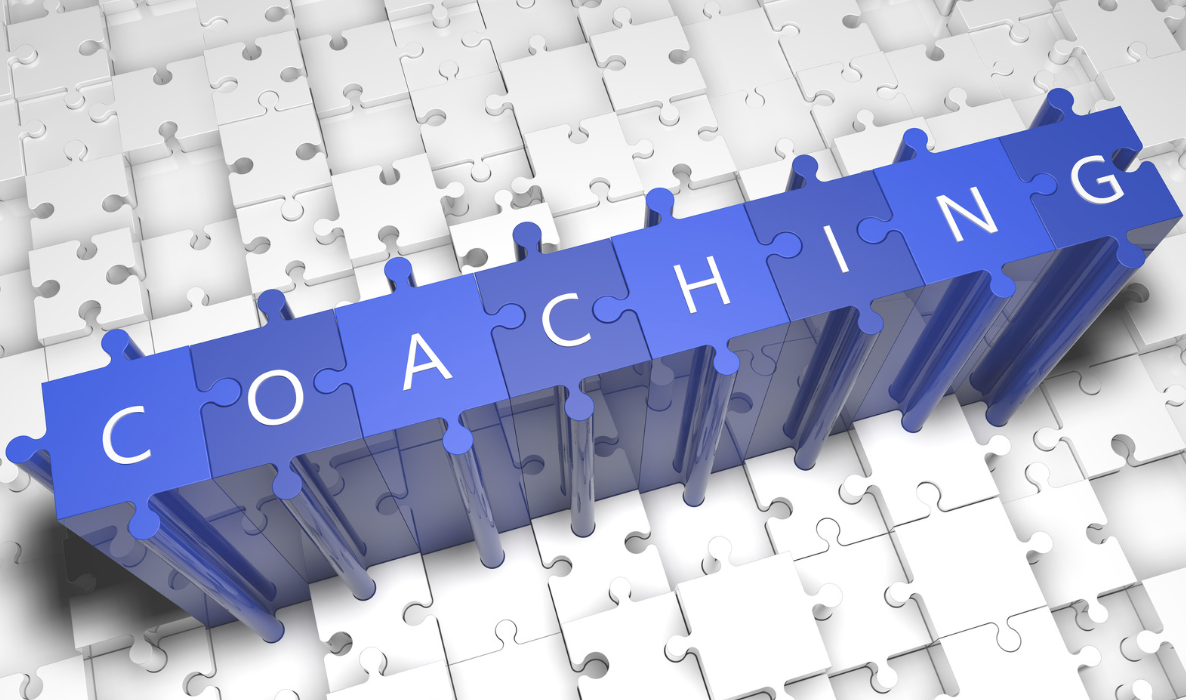The easiest way to define coaching is to first understand what it is not.

A coach friend It is not. The coach encourages the client to bring out their best, holds them accountable for their own development, pushes and squeezes them when necessary. But they do all of this with the client’s permission and request. The coach ensures that the focus is on the agenda and outcome determined by the client throughout the session, and strives for the meeting not to be a conversation, and for the agenda to be the actual topic determined, not the client. For these reasons, the coach is not a friend and the meeting should not be expected to be a conversation between friends.
A coach therapist It is not. Psychological guidance and therapy try to correct the past and bring the person to zero point (neutral), while coaching is there to take the person from zero to positive. As we understand from here, therapy works by focusing on the past, while coaching is completely focused on the future; it focuses on the client showing meaningful development in their work life, life and relationships. For this reason, psychological problems such as depression, which are within the scope of therapy, are not included in the coaching work. However, in special cases, the therapist and coach can work together with a client.
A coach advisor It is not. Consultants analyze, make suggestions and share their experiences in areas they are experts in. This is the complete opposite of coaching. The coach believes that the solution lies with the client. The unique power of coaching comes from helping the client use their own resources that they have but have not been aware of until then. For this reason, a master executive coach can provide coaching in any area, but a consultant can only share their knowledge in the area they are an expert in.
A coach mentor It is not. Just like consulting, mentoring and coaching are often confused. In fact, mentoring is sharing of knowledge between someone who is more experienced in a field and someone who is less experienced in that field. Instead of sharing past experiences, the coach helps trigger the client's research, self-discovery and learning processes. By encouraging the client to think more, they enable them to enter a creative process.
“Making the Invisible Visible”
The focus of coaching is on the client's agenda and their hidden potential. The coach's whole purpose is to help the client reveal their hidden potential in order to maximize their performance. Most of the time, the coach identifies the blind spots that the client cannot see and guides the client with questions to help them realize them. With each question, he tries to clarify the client a little more. For this reason, perhaps the clearest definition of coaching is "making the invisible visible" for the client.
Stay healthy, loving and aware.
Note: Genom Academy lecture notes and Gregg Thompson's "Master Coach" book were used.